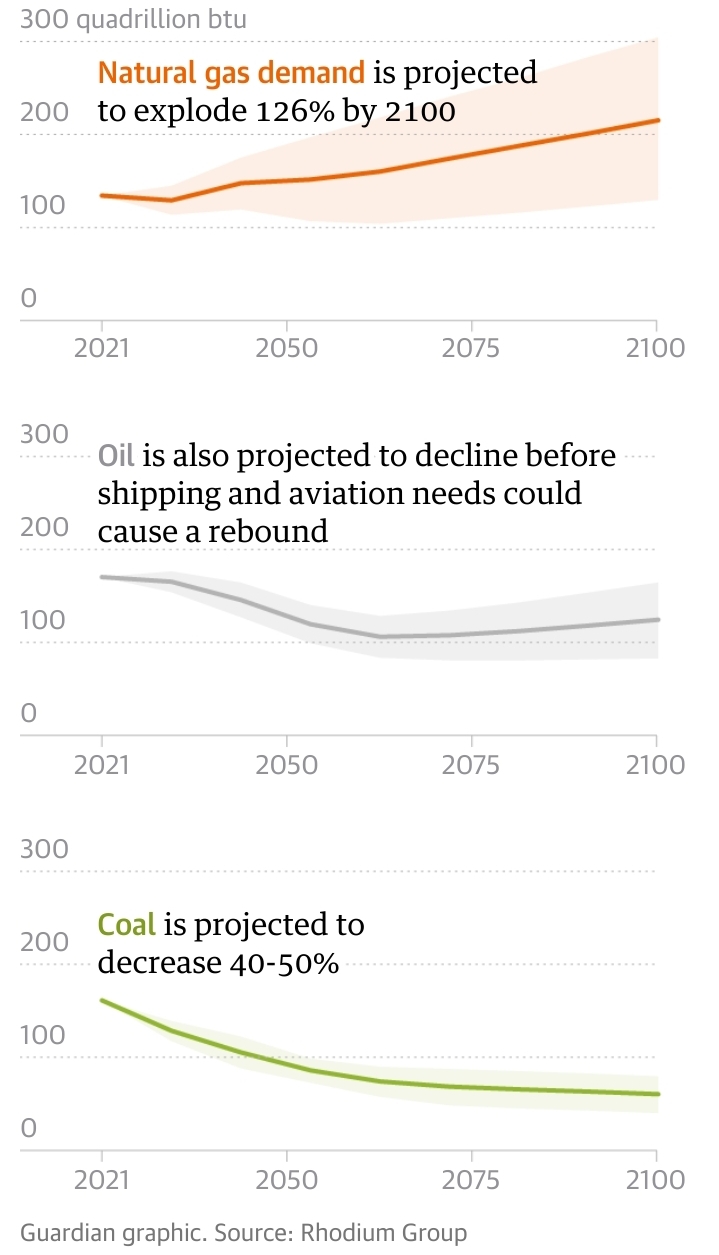how could they forget the US military is the biggest emitter of fossil fuels - https://theconversation.com/us-military-is-a-bigger-polluter-than-as-many-as-140-countries-shrinking-this-war-machine-is-a-must-119269
According to the study the US military emitted 23million t of CO2e and the world 54.49 billion t of CO2e. That means it is 0.05% of global emissions. Per soldier it is something like 17t. There are a lot of small countries in the world, so it sounds worse then it really is.
To put it another way, they did not forget. The US military just does not matter enough in the grande scheme of things.
EDIT: Saudi Aramco release nearly three times of this in scope1 and 2 emissions alone.
So except in the 3 areas that matter most. Got it.
I wouldn’t describe them as “3 areas that matter most” — shipping and aviation are only part of transport

Note that this chart only runs through 2019.
Nice insight, thank you. I wonder if the electricity industry uses is under the industry umbrella or the electricity and heating umbrella. Separate entities of course, but I’d be interested in seeing how electricity consumption compares from industry to consumer sectors.
Not in this chart. I’ve seen national inventories which distribute electric sector emissions out to the consumers of it
… each of which is its own massive chunk of the pie.
Maybe out in a limb here but, I think industry and aviation are two of the areas that should be able to use fossil fuels longer than others. Their energy expenditure is huge, yes, but the scientific advancement that is necessary to make them zero carbon are still quite a ways in the future.
It depends on the industry. We know how to prevent the bulk of emissions from concrete and steel, which are the big ones. And yes, aviation might well end up needing to use direct air capture to remove their emissions
I like this graph from the article:

Wasn’t it 2028 when the carbon budget for 1.5 °C runs out? And 2050 or so for 2 °C? Lol
The dates on which budgets run out depend on the rate at which we continue to extract and burn fossil fuels.
Future projections depend enormously on policy. Change policy, and those curves change.
You are correct with both points. I merely wanted to point out, how far we are from reaching the Paris Agreement.
1.5 may or not be a little later than 2028. The fossil consumption lines may or not be a little flatter.



